Interview Questions: Do's and Don'ts (PART 2)
- Sep 8, 2022
- 3 min read
Updated: Jan 31, 2024

In order for a company to successfully foster a diverse and inclusive working culture, they must ensure that the workers they hire honor the same values. A positive environment can only be built upon positive interactions between the employees, making it critical that every individual is doing their part in upholding DEI efforts.
In Part 1 of “Interview Questions: Do's and Don'ts,” we discussed general questions that recruiters can ask to gauge the ability of the candidate and also briefly touched upon the importance of actionable answers and applications of DEI knowledge. In Part 2, we will dive even deeper and focus on specific DEI questions that can be asked during the interview process to determine whether your candidate holds the same values of pursuing a more diverse, equitable, and inclusive office culture.
The Questions to Ask:
1. In what ways do you think diversity is important to someone in the role of _______?
This question is especially useful because it takes the topic of diversity and tailors it specifically to the role that is in question. It not only tests the candidate’s understanding of their responsibilities, but the candidate’s answer can also reveal how they will hold themselves in the workplace and how they will interact with their coworkers. This will allow the interviewer to gauge if they’re the best fit for the company culture as well as how much they’ll value DEI efforts during their performance in the role.
Question Source: Northern Illinois University
2. Tell me about a time when you advocated for Diversity and Inclusion in the workplace.
Asking a candidate to reflect on their past experiences is common interview practice. It gives the interviewer deeper context and insight into the individual’s past experiences, enabling a projection of how they can be expected to perform if given this new opportunity. Thus, asking the candidate to reflect specifically on moments in which they advocated for diversity and inclusion will be able to reveal how they have upheld these values in the past and how they will continue to uphold these values in the future. You want to make sure that the future hires aren’t strangers to DEI and that they have had tangible experience — big or small — in pursuing a better work environment.
Question Source: Kelli Newman Mason, diversity and inclusion leader
3. You are in a departmental meeting/training where a co-worker communicates that they feel targeted by the facilitator’s micro-aggressions. They express that they want to communicate this to the facilitator after everyone else has left. They seem uneasy and very much affected. What might your response be?
Scenario questions are a great and creative way to gauge how qualified a candidate is. In putting them into a realistic situation, interviewers can judge their character and values based on their answer. This question is specifically useful as the candidate’s answer can reveal how — and if — they can play a part in building an inclusive working environment. Will they be avoidant towards their coworker? Will they overstep their boundaries and speak over their coworker? Or will they offer support to their coworker in their own respectful way? The way the candidate approaches this situation will be helpful in determining if they’re a good fit.
Question Source: University of Wisconsin
What Not to Say:
The things that you don’t say can make just as much of an impact as the things you do say. For instance, not saying phrases that will alienate the candidate during the interview will make for a more comfortable conversation and convey to the future hire the awareness of your workplace. Additionally, not mispronouncing their name (or making a clear effort to pronounce their name correctly), making comments about the way the speak (including when you might mean it as a compliment), or pointing out their physical features can allow for a more welcoming interview that allows the candidate to showcase their full abilities. Below is a short list of comments that are common microaggressions and can make the interviewee feel alienated or out of place:
“Can you say something in _____?” or “What’s my name in _____?”
“I went on a vacation to (assumed country of origin) and loved it!”
“I am impressed that you hardly have an accent” or “You speak so articulately”
Giving them an unwanted/unneeded nickname because you “can’t pronounce” their real name
Continuously mentioning how the candidate’s name is so unique/different or difficult to remember
Source: UC Irvine
Overall, to truly make the workplace a better place for all individuals, you must create a culture that honors diversity and constantly works to improve its own downfalls. The workers that are hired are a crucial part in this process, and it’s important for interviewers to evaluate a future hire’s understanding of DEI before entering them into the workspace. This article as well as Part 1 of this series are great starting points for accomplishing just that.
Sources:





Comments